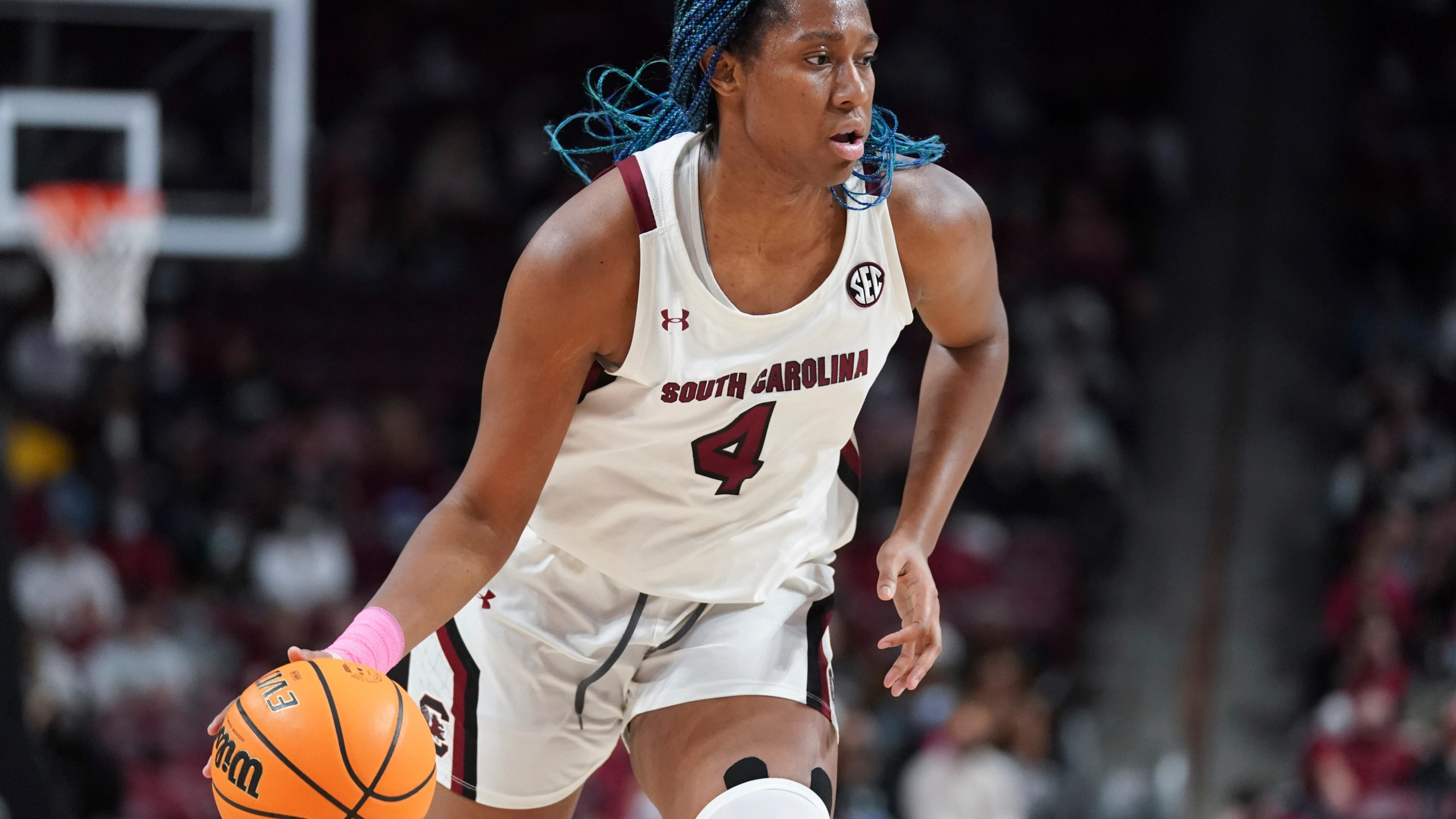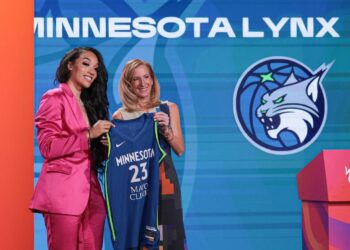By: Zachary Draves
The ESPY’s on Wednesday night had some great moments that celebrated the beauty and drama of sports. But it also reminded many of one of Malcolm X’s most famous quotes “The most disrespected person in America is the Black woman. The most unprotected person in America is the Black woman. The most neglected person in America is the Black woman.”
All that was reinforced by the snubbing of South Carolina basketball player Aliyah Boston. She was one of the nominees for the “Best College Athlete, Women’s Sports” for being the catalyst that helped lead the Gamecocks to their second national championship this past March. When it was revealed that not only that category wouldn’t be televised, but that ESPN didn’t even invite Boston to the ceremony, it was a seismic expression of disrespect even if it was unintentional.
South Carolina’s head coach and basketball legend Dawn Staley immediately called out the network tweeting the following:
Like really….who in the room from @espn @ESPYS decided it was a great idea not to invite @MarchMadnessWBB NPOY DPOY….not one person was able to see the uproar this would cause? There’s definitely something wrong with the make up of the room……the fight continue….#WBBSTANDUP
— dawnstaley (@dawnstaley) July 17, 2022
Coach Staley is known for being very protective and supportive of her players and as a result ESPN had no choice but to follow suit. In attempt to explain their decision, ESPN issued the following statement:
“We have the utmost respect for Aliyah Boston, Dawn Staley and the South Carolina Gamecocks. Due to both COVID restrictions and a new venue with much less seating capacity than previous shows, ‘The 2022 ESPYs’ prioritized athlete invitations to focus on specific awards that will be handed out during the broadcast.”
It’s hard to rationalize that when there were athletes and other guests in attendance that weren’t nominated for anything. As soon as it hit the fan, the network tried to contort their way out of this by sending a late invitation to Boston. She responded via Twitter in the most profound way imaginable.
I thank God for continuing to bless me, for guiding my steps, and for the love and support of my family, fans and community. I would like to say congratulations @78jocelyn_alo and all the ESPY winners
I remain thankful in all things. pic.twitter.com/BkO2iPA8YS
— Aliyah A. Boston (@aa_boston) July 20, 2022
It is clear that this is not an isolated incident nor relegated specifically to ESPN. Throughout history, the accomplishments and impact of black women and girls have constantly been overshadowed in sports and beyond.
Rose Robinson was one of the pioneering athlete activists in history who called out the intersection of racism and militarism during the height of the Cold War. During the 1968 Olympics, everyone knows about the courageous protest by Tommie Smith and John Carlos on the medal podium, but few if anyone knows that fellow sprinter Wyomia Tyus also made a profound statement for racial justice by wearing black shorts while capturing the gold in the 4×100 relay. In 2016, WNBA players made a bold call to action after the police killings of Alton Sterling and Philando Castile as well as the killings of five Dallas police officers, one month before Colin Kaepernick took a knee.
Furthermore, black women and girls are routinely scrutinized in society for their hair, bodies, and sensibilities that ultimately reinforce misogynoir, the racialized sexism as defined by scholar Dr. Moya Bailey. The longstanding treatment of how athletes such as Venus and Serena Williams, Florence Griffith Joyner, Jackie Joyner Kersee, Naomi Osaka, Simone Biles, Surya Bonaley, Caster Semenya, and others were overly policed on everything from their appearance to even their athleticism speaks to that misogynoristic dynamic even as they have become some of the most transformative athletic figures. Even in this time with the ascendance of athletes such as Boston, there are still these oppressive practices aimed at delegitimizing their humanity.
To ESPN’s credit, they did put on an amazing tribute to Title IX, which commemorated it’s 50th anniversary last month and it was sports historian Dr. Amira Rose Davis who orchestrated that tribute in a phenomenal fashion. You also have prominent voices such as Angela Rye and Malika Andrews who are holding their own on the network and speaking truth to power when needed. But ESPN must and can do better when it comes to highlighting the accomplishments and amplifying the voices of black women in sports.
The struggle is real and the struggle continues.


 NFL
NFL





